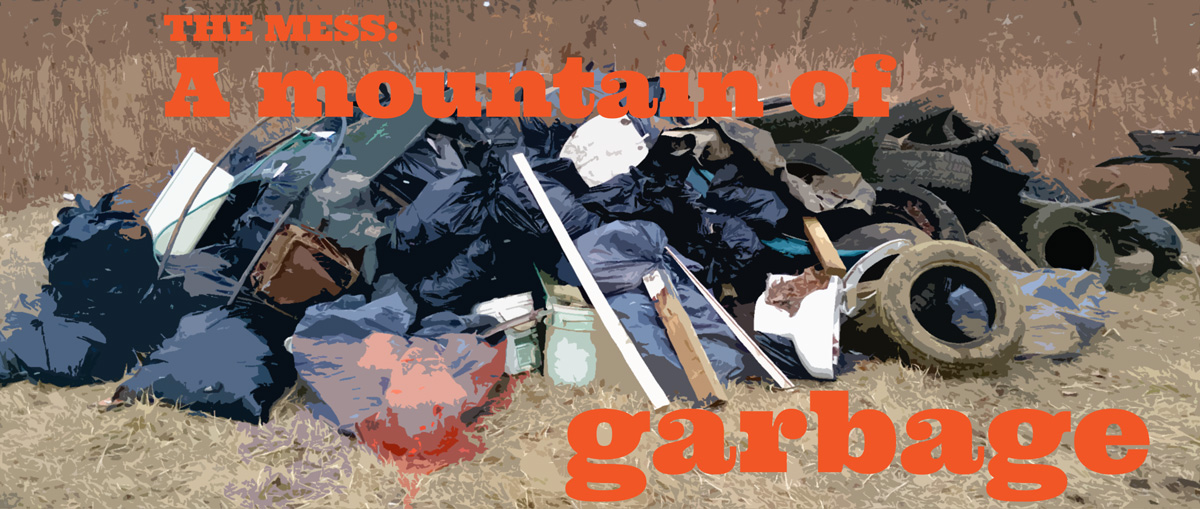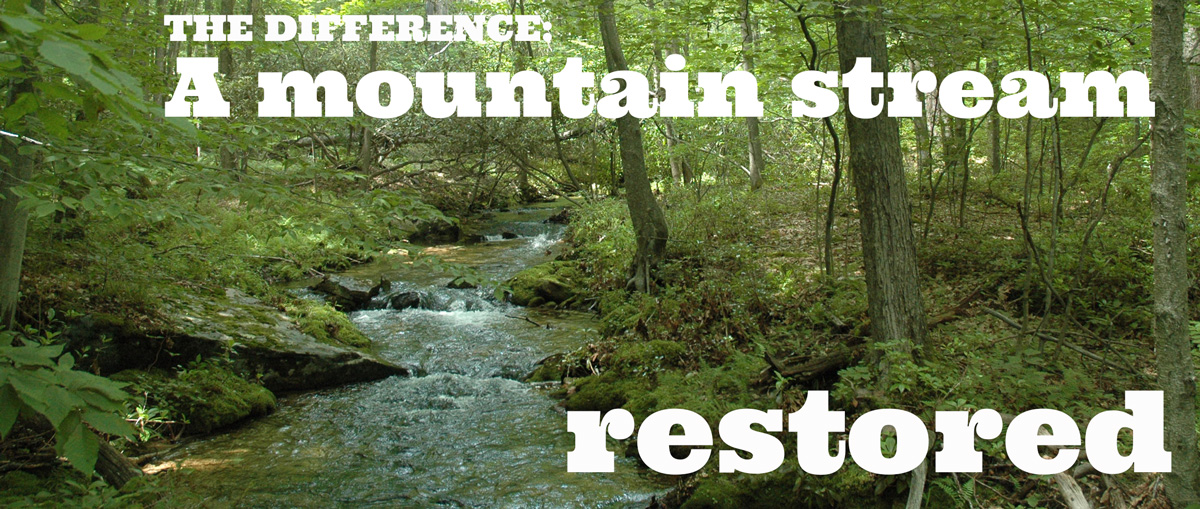Little Juniata River Association
Read the story of the cleanup of the "Little J" with our first PIG Difference Grant recipient, the Little Juniata River Association.
In the mid-1990s, a pollutant infected almost half of the 32-mile Little Juniata River, wiping out most of the aquatic insects and leaving very little food for trout.
That’s when concerned residents stepped in and formed the Little Juniata River Association to monitor river activity. Soon after its inception, LJRA’s mission expanded. Today, the organization strives to preserve and improve the river, in addition to monitoring it, by executing projects that will have a direct benefit.
“We do not spend our time on feel-good projects,” said LJRA President Bill Anderson. “We want to know that what we’re doing is the next thing that needs to be done, in the order of priorities.”
LJRA Mobilized Hundreds to Help The Little Juniata
Atop LJRA’s priority list is organizing and executing the annual riverbank cleanup, which usually takes place the first weekend in April. For four hours every year, volunteers ban together to pick up and properly dispose of trash that people throw on the riverbanks and adjacent streets before it gets into the river.
This year, New Pig employees partnered with LJRA and two Boy Scout troops to clean up a stretch of the riverbanks on Saturday, March 28, along River Road in Tipton, Pa.
With the additional site, Anderson said this year’s riverbank cleanup had the largest turnout yet with about 240 volunteers.
Many people who volunteered for the first time this year were astonished by what they found.
“I can't imagine what goes through a person’s mind when they say ‘I'm going to throw my stuff here. The world is my trash can,’” said Dan Silver, vice president of product development at New Pig. “The mindset of a person who has that much disregard for nature, the wildlife and the people who come here (is sad).”
Bill Clark, a technical services specialist at New Pig, said he regularly drives River Road where he collected trash.
“Nothing surprises me anymore, but it amazes me that people have such little regard for the environment,” he said. “Would they want people dropping junk on their front yard?”
That “junk” included shredded paper, plastic bags and boxes, bottles, laundry baskets, car tires, food wrappers, copper wire from a telephone line and a full set of golf clubs.
The goal of the cleanup, Anderson said, is to improve the aesthetics of the river. Each year, however, LJRA learns more about the river, including new springs and sources of pollution.
“The cleanups, which have grown dramatically over the last 10 years, are a way to give those who care — the members especially — something tangible they can do to help,” Anderson said. “And that in itself is worthwhile.”
LJRA also recently finished a five-year project to stop bank erosion, identified as an issue by the Pennsylvania Department of Environmental Protection, at eight areas along the river. Anderson said they addressed 1,400 feet of eroded banks.
“We did that at considerable expense and expenditure of volunteer time,” he said, “but we have a lot of really active volunteers who will come for projects because we’re doing things that matter.”
The First PIG Difference Grant Recipient
LJRA, entirely a volunteer-run organization, is the first-ever recipient of a PIG Difference grant. Going forward New Pig will award $5,000 three times a year to organizations pursuing projects that restore, conserve and protect America’s most important habitats: streams, rivers, ponds, swamps and wetlands.
Moving forward, Anderson said LJRA will continue to work down the priority list of projects.
The organization recently partnered with Juniata College in Huntingdon, Pa., to study behavior of wild brown trout in the river and highlight where more work needs to be done. With the help of Juniata College, LJRA will tag fish with transmitters and find them with radios.
The 500-day study will help LJRA determine where the fish live during different times of the year and where they spawn.
“When that study completes, we expect to have a number of new projects come from that,” Anderson said. This could include improving trout habitats, repairing stream banks, planting trees along the banks and more.
New Pig grant program funds will help finance this project, as well as another that LJRA and New Pig have in the works to measure pollutants in water that run from parking lots into the river. When that study is finished, the organizations plan to put filtration systems in place where needed to keep pollutants from the river.




